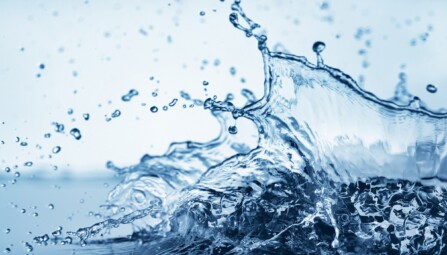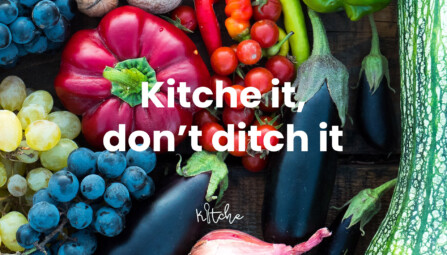Introduction
While avoiding waste arising in the first place is always preferable, once a resource becomes waste then ideally it should be recycled.
Why

Recycling prevents potentially useful materials going to waste and reduces the need for fresh raw materials, thereby reducing energy use, air pollution and water pollution.
In particular, glass and aluminium can be almost endlessly recycled with little or no degradation in quality. Plastic is less easy to recycle, but being derived from fossil fuels it is important to reduce the demand for virgin plastic material.
How?
Reading’s kerb-side recycling service takes a wide range of dry mixed recyclables including paper, card, plastic bottles, pots and trays, juice cartons and cans. Once collected a sophisticated sorting system at Re3’s Materials Recovery Facility (MRF) separates them to achieve high recovery rates for the individual materials. These are all processed in the UK. The high recovery rates and low contamination rates achieved enable premium prices to be earned for the recyclable materials. Therefore, by increasing recycling rates, more funds are available to spend on essential services.
To get the best from Reading’s recycling service, we advise:
- Please wash and dry every item.
- Don’t put anything smaller than a golf ball in the recycling bin – it will fall through the conveyor belt and could jam the system.
- Keep tinfoil until you have enough to compress into a ball larger than a golf ball.
- Either leave lids off plastic bottles, or squash the bottle and then replace the lid (a capped bottle won’t squash and shipping air reduces the value of the plastic bales).
- One non-recyclable item means the entire batch has to be rejected, so if you’re unsure put it in the general waste.
Anything recyclable that can’t go in the red recycling bin can be taken to the Civic Amenity Centre at Smallmead. There’s also an area where you can leave donations of items that are surplus to your requirements but still have a useful life, including small electricals.
“Around 95% less energy is used to make products from recycled materials than using raw materials”







